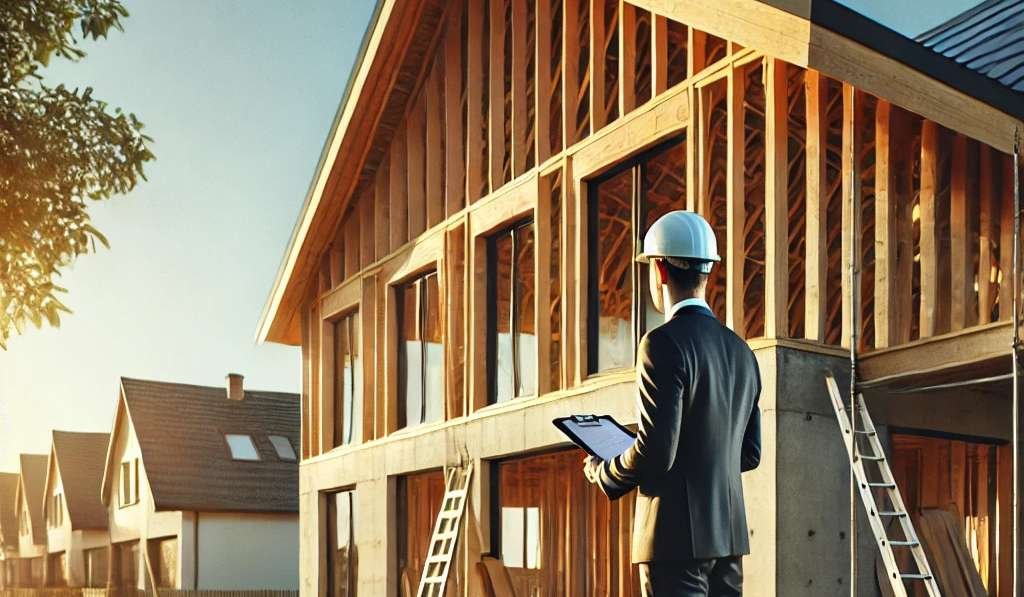The process of construction a new home is thrilling yet complicated, including many crucial choices and a lot of anticipation. One crucial step that is often missed is setting up a home inspection. Inspections for new construction, as opposed to purchasing an existing house, must be carefully timed at different phases to identify problems early and avoid expensive errors. Knowing when to plan a home inspection may help you safeguard your investment, guarantee quality, and feel more at ease. Let’s examine the schedule when a home inspection is not only advantageous but also necessary during construction.
Recognizing the Value of a Home Inspection for a New Building
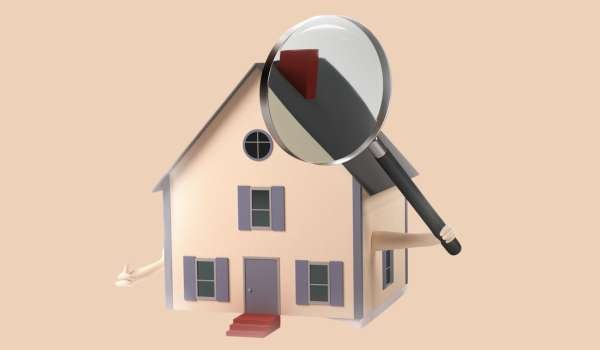
A new home’s construction is a complicated process with many subcontractors, materials, and building rules, despite the common belief. That it is flawless. A house inspection lowers the likelihood of future structural problems. Or safety dangers by bringing in an impartial third-party expert to confirm that everything is constructed as it should be. These inspections for new construction go beyond just identifying defects; they also make sure your house satisfies long-term requirements.
What New Construction Home Inspections Cover
Inspections of new construction involve fundamental integrity, appropriate installation of critical systems, and code compliance. In contrast to older residences where the emphasis is on wear and tear. Inspectors assess roofing, plumbing, electrical, insulation, and structural elements to make sure each stage satisfies high standards and local building rules. Early detection of these possible problems in new houses may provide homeowners peace of mind and save future expensive repairs.
Home Inspections’ Advantages for New Construction Properties
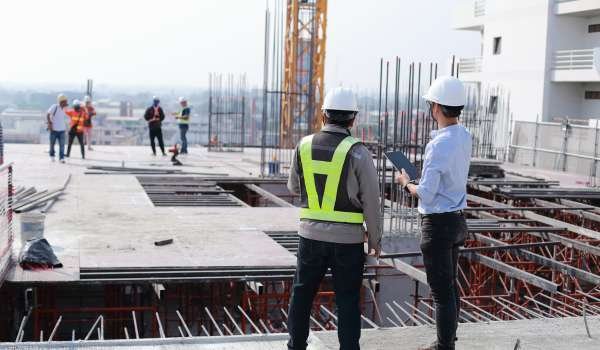
There are several benefits to scheduling inspections throughout the building process. It first finds any quality flaws before they are concealed by drywall or other coatings. Additionally, inspections record quality checks, which may be useful in handling warranty claims. Or in the event that you decide to sell. More significantly, these inspections provide a layer of security. That your investment is secure and physically sound by holding the builder responsible.
Why New Construction Home Inspection Timing Is Important
To find problems before they become hidden or unreachable, the timing of each inspection step is crucial. Make sure that a foundation inspection is done before the concrete sets. And that a pre-drywall inspection is done after plumbing and electrical installations. But before walls are sealed when schedule home inspection construction. You can guarantee that every important step is carefully examined. And that the integrity of your house is protected by carefully organizing these inspections.
Common Phases of New Construction and the Requirements for Inspections
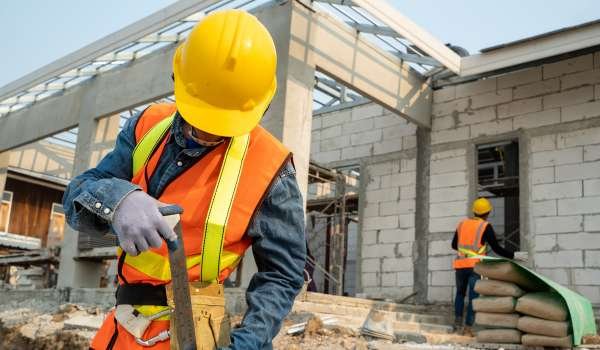
The following crucial phases are often included in new construction: pre-drywall, rough-in, framing, foundation, and final walk-through. Every one of these phases benefits from an examination to identify problems pertinent to that particular phase of the construction process. When you’re ready to move in. A comprehensive evaluation at every stage makes sure that little problems don’t grow into bigger, more expensive ones.
How to Fit Inspection Schedules Into Your Builder’s Schedule
Working together with your builder is essential throughout the inspection process. Particularly when it comes to schedule the construction of the home inspection. Clear communication is essential since building timeframes are sometimes erratic and certain phases go more quickly than expected.
Create a timetable that satisfies your requirements and the builder’s timeframe. Outlining the times when inspectors will need access to the property. By working together, delays are avoided and the inspection procedure is integrated seamlessly without interfering with the building process.
Inspection of the Foundation: The Initial Crucial Step
One of the most important phases is the foundation examination, which occurs prior to the pouring of concrete. To make sure the foundation satisfies regional requirements and the builder’s designs, inspectors look for appropriate grading, formwork, and footings. This early evaluation is essential to developing a sturdy and stable house since a foundation problem might jeopardize the whole construction.
The Importance of Pre-Drywall Inspections and When to Schedule Them
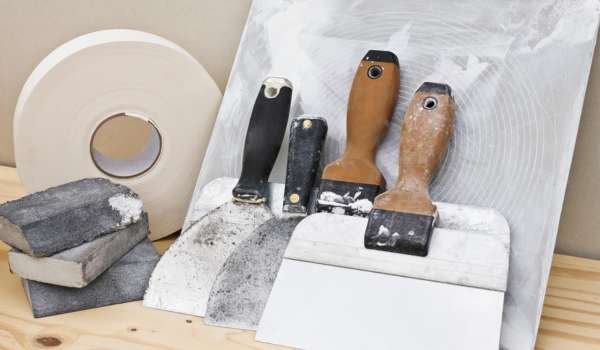
A pre-drywall inspection makes sure everything is in order after the HVAC, plumbing, electrical, and frame installations are finished but before the drywall is put up. Since it’s one of the final opportunities to look at the house’s foundation, this step is quite important. Inspectors check for problems that might be difficult to address later, such as improperly placed electrical wiring, leak-free plumbing, and construction that matches architectural designs.
The Benefits of an Insulation Inspection Before Proceeding
Energy efficiency is ensured by inspecting insulation prior to wall closure, which may result in considerable power bill savings. The proper installation of insulation materials and compliance with local building requirements are confirmed by a comprehensive examination. This assessment is a wise decision for long-term comfort and savings since proper insulation improves a home’s comfort and energy efficiency.
HVAC, plumbing, and electrical rough-in inspections

HVAC, plumbing, and electrical systems are examined during rough-in inspections after installation but prior to wall sealing. Inspectors make that HVAC ducts are positioned correctly, plumbing connections are leak-proof, and wiring complies with safety regulations. A thorough rough-in inspection gives homeowners peace of mind by avoiding future expensive and bothersome repairs.
The Last Walk-Through: Scheduling the Last Stage of Inspection
When construction is finished, the last walk-through inspection is planned. This examination confirms the finishes’ quality, looks for any problems that could have gone unnoticed, and makes that everything is operating as it should. It’s a chance to make sure that the house is ready for occupancy and that any prior issues have been resolved.
Are Post-Completion Inspections Required?
Within the warranty time after moving in, think about setting up a post-completion examination. This examination acts as a last look for any problems that could have arisen after the property was first occupied. Particularly when still covered under warranty, post-completion inspections help you take care of little problems before they become more serious repairs.
Scheduling Advice for the Best Home Inspection Outcomes
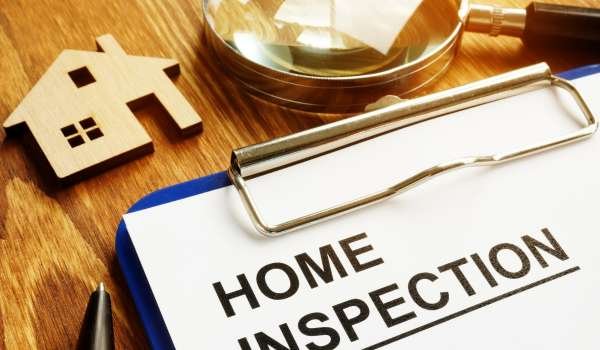
Inspection scheduling calls for adaptability and communication. Observe the builder’s schedule while leaving extra time for any construction setbacks. You may minimize last-minute surprises by being proactive with your inspection plan, which increases the possibility of finding problems at the best moment.
Adapting to Your Builder’s Schedule to Conduct Inspections on Time
Effective communication with your builder is essential for a successful house inspection. Create a timetable that accommodates their building stages and maintain open contact with your inspection requirements. In order to ensure that inspections go successfully, builders who recognize the value of inspections are usually more accommodating to your schedule.
How to Locate a Trustworthy Home Examiner for a New Building

When scheduling house inspection construction, selecting a trustworthy inspector is essential. Seek for inspectors with new construction project expertise, since they are aware of frequent problems that may come up during construction. To be sure you’re choosing someone who will do an unbiased, in-depth examination, go over their qualifications, ask for recommendations, and read reviews. This meticulous selection procedure ensures a thorough assessment of your future home.
Typical Problems in New Home Inspections and How to Prevent Them
It may surprise you to learn that new houses may sometimes have problems, ranging from small cosmetic faults to more serious structural deficiencies. Poorly built insulation, plumbing leaks, and incorrect grading are common problems. At every stage, routine inspections assist in identifying these problems before they become expensive or degrade the quality of your new house.
What Takes Place If Problems Are Discovered During Inspection?
Report any problems to your builder right away if they come up during an inspection. The majority of trustworthy builders will take care of problems as soon as they arise, particularly if they are covered by a guarantee. Maintaining a log of every inspection guarantees that you have records of any problems and how they were fixed, which may come in handy if difficulties later come up.
The Function of Your Home Inspection and Warranty
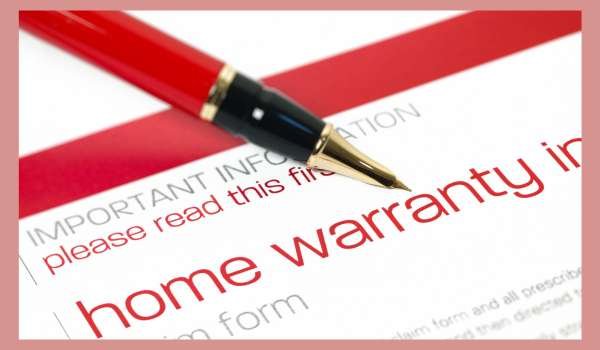
For new homeowners, a builder’s warranty provides a safety net. But warranties don’t cover everything, so it’s important to know what they cover. The inspection procedure is even more advantageous for safeguarding your investment since a thorough inspection report may be used as proof in the event that warranty claims are required.
Managing the Move-In Date and Quality Assurance
Making sure every stage is examined may save difficulties and costs later, even though it may be tempting to speed through inspections in order to make a move-in date. Since the integrity of your new house is at risk, quality control should always come before speed. Long-term quality is worth the tiny price of patience during these checks.
Getting Ready for Every Stage of Inspections for New Construction
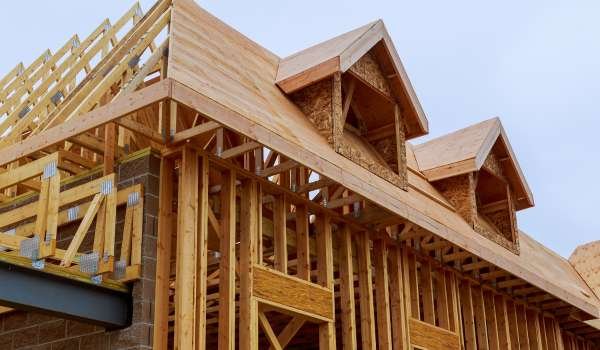
Understanding the standards for each step and keeping in touch with your builder and inspector are essential components of inspection preparation. Before proceeding to the next step, be prepared to handle any possible problems and understand what to anticipate at each one. The advantages of the inspection are maximized and a seamless procedure is guaranteed with proper preparation.
Common Questions Regarding Home Inspections for New Construction
Homebuyers often inquire about the need, cost, and schedule of new construction inspections. This section provides answers to frequently asked concerns about the ideal time to begin scheduling inspections for a new house, average inspection prices, and what to anticipate during each inspection step. You may ease any worries and expedite the process by educating yourself with these frequently asked questions.
Learn More : When Is Down Payment Due For New Construction Home
Conclusion
An important investment in the life of your new house is a home inspection. You may get important information about the quality of your house by carefully schedule the construction of your home inspection, selecting a qualified inspector, and keeping in close contact with your builder. You may move into a house that has been constructed to last thanks to this prompt inspection procedure, which gives you confidence and peace of mind.
